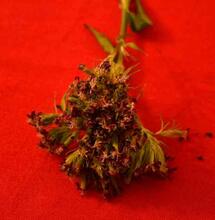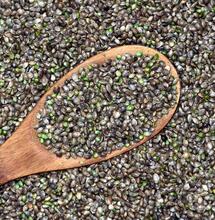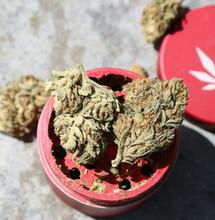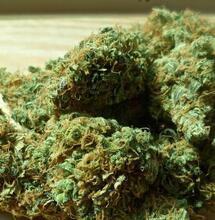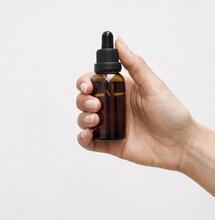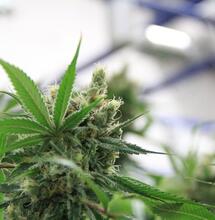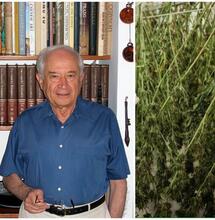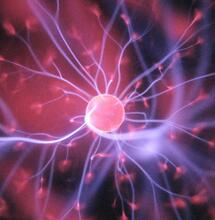How Does Cannabis Affect People with ADHD?
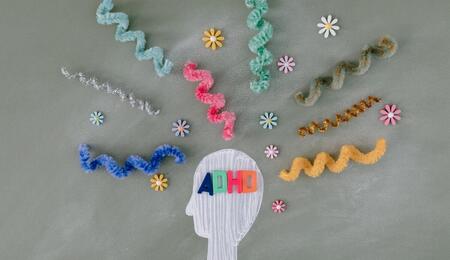
Attention-deficit/hyperactivity disorder (ADHD) can present with various symptoms, such as difficulty focusing, excessive movements, and hastiness. It's a mental health condition that can affect a person's daily function, their professional achievements or relationship building, among many things. Cannabis has been explored as one of the treatment options for ADHD for quite some time now. And while some individuals with ADHD can find great symptom relief from using CBD and cannabis products, the same cannot be said for everyone.
There are different types of ADHD. The inattentive type is when a person has difficulty staying on tasks, focusing, and organizing. The hyperactive type is marked by fidgeting, inability to sit still, and over-expression. Also, ADHD can present as a combination of these two types, in which case it's Combined. Many adults with ADHD do not even realize they have the disorder, meaning the spectrum is broad and not necessarily debilitating.
ADHD treatment usually includes a combination of therapy and medications. In preschool-age and younger children, the recommended first-line approach encompasses behavioral strategies that both parents and educators employ. An example is Parent-Child Interaction Therapy (PCIT), a specialized, evidence-based treatment program designed for caregivers and guardians for their young children who experience behavioral or emotional difficulties.
Most of the time, the treatment for both adults and children combines psychological support and medications. But many people with ADHD are turning away from this traditional approach because the outcomes do not always generate results. Some of the medicines prescribed for ADHD have various side effects, including difficulty sleeping, increased blood pressure, headaches, weight loss, etc.
Cannabis is one of the most popular options for many who seek an alternative treatment for ADHD. A lot of teens and adults who turn to cannabis for ADHD claim that it helps them reduce their anxiety. But it's a fact that ADHD treatments, especially with cannabis, are not one-size-fits-all. While weed seems to reduce anxiety for some, it can cause more anxiety and paranoia in others.
Reports and assessments further suggest that cannabis reduces executive function performance in individuals with ADHD. This means having a harder time focusing, or it can further impact the ability to get started on tasks and manage time. Even short-term use can have a negative effect on some users.
Some individuals with ADHD who self-medicate with cannabis also report that it helps them limit distractions and that it's helpful with focus and ADHD medication side effects. But again, this would not apply to everyone.
Most certainly, there is a need for more clinical research that will look at what relief people are finding with cannabis and what would be the optimal ways in which CBD and cannabis can be recommended for those with ADHD.
From the limited research available, one study from 2020 has found that adults with ADHD who medicated with cannabis found that those who used higher doses of therapeutic components (such as CBD) reduced their ADHD medication intake. The problem with this study is that it included few participants only.
An earlier study from 2013 found that people with ADHD who used cannabis performed worse on memory, verbal, cognitive, decision-making, and response tests than those who did not have cannabis in their therapy.
All summed up, cannabis has not been researched extensively enough to be considered a safe and effective treatment plan for ADHD. While for some people it works as a great agent to reduce anxiety or other symptoms that present with ADHD, for others, it can unhelp and worsen the presentations.
It's important to talk with a healthcare provider if you are considering using cannabis for ADHD treatment. It's also recommended that your healthcare provider is someone with thorough knowledge of how cannabinoids work so that you can get better guidance on how to use and adjust cannabis in your therapy.


